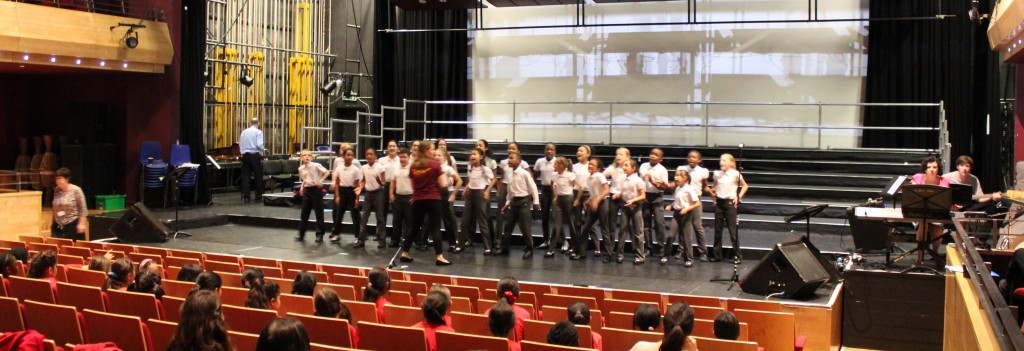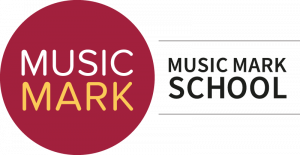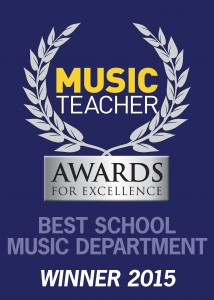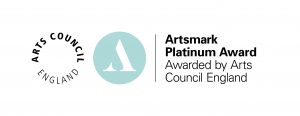Curriculum Information
Woodcroft is committed to providing an enriched Arts education for all pupils and to embed Music into the wider Arts and National Curriculum based topics.
Pupils are offered an Arts programme of outstanding opportunity that extends far beyond the National Curriculum. This is achieved by integrating the curriculum subject areas through our innovative AIM@programmes.
Music for every child
Every child at Woodcroft Primary School engages in quality music education from their entry into Nursery until the end of KS2 in Year 6. In the early Years, music is incorporated consistently into daily routines and is used to enhance teaching of the core curriculum in addition to being taught as a stand-alone subject. In KS1 and KS2 pupils participate in weekly Arts assemblies and a one hour curriculum music lesson with a teacher.
Music At Woodcroft: An Expanding Worlds Curriculum
Rationale
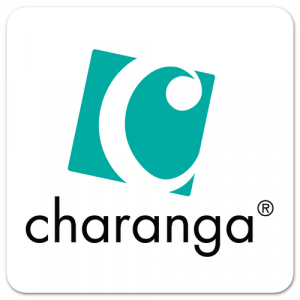 At Woodcroft, we follow the music programme of study outlined in the National Curriculum, supported by the resources and online platform of Charanga.https://charanga.com/site/musical-school/
At Woodcroft, we follow the music programme of study outlined in the National Curriculum, supported by the resources and online platform of Charanga.https://charanga.com/site/musical-school/
The aim of our curriculum is to ensure all pupils:
- perform, listen to, review and evaluate music across a range of historical periods, genres, styles and traditions, including the works of the great composers and musicians.
- learn to sing and to use their voices, to create and compose music on their own and with others, have the opportunity to learn a musical instrument, use technology appropriately and have the opportunity to progress to the next level of musical excellence.
- understand and explore how music is created, produced and communicated, including through the inter-related dimensions: pitch, duration, dynamics, tempo, timbre, texture, structure and appropriate musical notations.
Curriculum Scope and Breadth
The scope and breadth of the curriculum at Woodcroft is shaped by our curriculum drivers and expanded world curriculum, cultural capital, National Curriculum subjects and our ambition for students to become well rounded, inquisitive, creative individuals supported by the research and findings of academics and scholars.
National Curriculum coverage are divided into three Phases*. We call these phases Milestones
*Early Years Foundation Stage is treated as a separate milestone and has its own curriculum. Transition from Reception to Year 1 has been carefully planned.
We distinguish between subject units and threshold concepts.
- Subject units are the specific aspects of knowledge that are studied
- Threshold concepts tie together the breadth of subject knowledge. The same concepts are explored in a wide variety of different topics throughout each milestone. Pupils will return to the same concepts over and over; gradually deepening understanding of the subject and building their schema.
Threshold Concepts in music:
- Instrumental
- Song
- Composition
All encompassed / supported by music theory and knowledge scope.
Musical Periods, Styles and Genres
Throughout the Milestones a broad range of musical periods, styles and genres are covered to ensure substantive concept. The period, style and genre selected for each unit supports areas of learning across the curriculum, identifying knowledge scope and curriculum links (as identified on the overview).
- Early Music
- Baroque
- Classical
- Romantic
- 20th Century
- Contemporary
- African
- Bhangra
- Jazz and Blues
- Electronic
- Folk
- Gospel
- Hip Hop
- Latin
- Motown
- Pop
- Reggae
- Rock
- Soul, RnB & Funk
- Film, TV & Musical
________________________________________________________________________
Curriculum Progression and Assessment
We identify specific categories of knowledge that enable pupils to express their understanding of the substantive concepts. Teachers plan learning sequences to cover each of these knowledge categories, making each subject distinct.
Within each Milestone, pupils progress in their learning through three cognitive domains from basic to advancing and then deep understanding. The goal for pupils is to display sustained mastery at the ‘advancing’ stage of understanding by the end of each milestone. The most able pupils will be able to demonstrate a greater depth of understanding at the ‘deep’ stage. The time-scale for sustained mastery and greater depth is two years of study within each milestone phase.
A fundamental aspect of our curriculum are planned Proof of Progression assessment tasks. These are based on learning expectations of a milestone in each cognitive domains from basic to deep. Teachers are able to make comparative assessments of pupil progress based on how pupils independently apply their learning to these tasks at the end of each unit.
Knowledge Webs and The Tree House
Knowledge webs are published on the Treehouse. The Treehouse is our virtual learning environment. They cover the essential knowledge and vocabulary that children should learn.
Curriculum unit organisation
We have mapped out our topics in line with the National Curriculum, the sequence of units is listed in the Woodcroft Scope. This is outlined in the Music Unit Overview.
Curriculum Resources and Core Curriculum Texts
At Woodcroft we utilise a range of different teaching resources to support our curriculum.
In music we support the teaching of our curriculum through the online platform Charanga.
Charanga provides a music timeline and key information to support and extend the unit being taught.
How are lessons sequenced?
Teachers plan a block learning sequence (BLS) by first considering the intended outcomes from the unit based on the National Curriculum Objectives and the performance the unit is building towards. This outlines what pupils need to achieve (or be able to do) at the end of the units to demonstrate Basic, Advancing or Deep understanding. First, teachers design a ‘POP task’ that will act as proof of progress or learning. The ‘POP task’ will inform the direction of learning as the sequence will be planned so the children are able to independently achieve success in the ‘POP task.’ Within a sequence of lessons, teaching content will include: opportunities for vocabulary building, reading, musical creativity, quiz questions, modelling, guided practise, performance and memory retrieval.
Progression of skills
To ensure teachers consolidate the children’s prior learning and knowledge, teachers use the Music Curriculum Overview.
To further support this, the units taught are revisited and summarised during Arts and Culture assemblies.
Knowledge is built on throughout the Milestones by focusing on different Musical Genres ensuring that each genre is covered throughout the school.
Children build up to a performance at the end of each unit.
What do Music lessons at Woodcroft look like?
The structure of lessons will vary based on the unit, year group and the individual needs of the children in the class. However, effective learning sequences will include the following elements:
Purpose
- Prime the content to be learnt and how it fits in to the curriculum sequence and historical timeline
- Specify key vocabulary
Recap
- Establish the required prior knowledge is in place
Input
- Explain and model the new concepts
- Listen to the focus piece
- Check for understanding
Application
- Prepare for practice – show pupils how you want them to work to represent their learning through guided proactive and worked examples.
- Provide opportunities for independent practice and creativity.
Performance
- Opportunities to perform what they have created that lesson.
- Pupils build up to perform a song, instrumental or composition at the end of the unit.
Feedback
- Provide live feedback and intervene for misconceptions
- Review the learning that has taken place
- Feed forward to the next step in the sequence
* Remember, these steps can happen multiple times in a chunked lesson
Opportunities for enriched musical learning
Woodcroft Primary School works closely with our local Music Hub, Barnet Education Arts Trust (BEAT), to provide quality and engaging learning experiences. This professional programme begins in Year 2 with whole class drumming workshops. Every child in Year 3 then learns a musical instrument with professional tutors. This learning is extended throughout Key Stage 2, with every pupil provided the opportunity to learn an orchestral instrument.
For more information about instrumental tuition go to https://www.woodcroft.barnet.sch.uk/music-tuition/
In addition to our work with the Barnet Education Arts Trust, we also run a number of ensembles. Currently on offer:
- Woodcroft Choir (Years 4-6)
- Woodcroft String Ensemble (Advanced Ensemble Years 5 and 6)
- Woodcroft Brass Consort (Y4 – 6)
- Ukulele Ensemble (Year 3)
The school strives to improve its opportunities for pupils to participate in extra-curricular musical activities. This form part of our commitment to the arts as exemplified in our Arts Charter.
The Music Department
Miss Stewart – Music Coordinator, Choir Leader
Ms V Maclean – Violin Tutor
Mrs Helen Reeder – Brass
Mr R Hughes – Ukulele, Guitar and Piano Tutor
Composers in Residence – Mr D Guest
Awards
Woodcroft is an ArtsMark Platinum School and accredited Arts Award Assessment Centre.
Related Webpages: AIM@Arts pages
Woodcroft has previously won the national award for Best School Music Department.
Visit a curriculum subject page by clicking the link listed below:
English Mathematics Science Computing Physical Education Music History Geography Spanish Design and Technology Art and Design Religious Education





